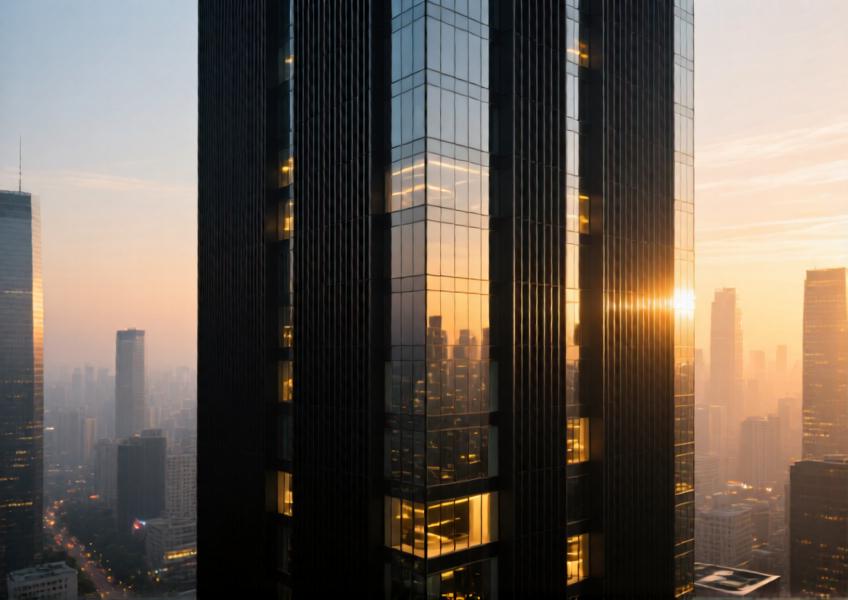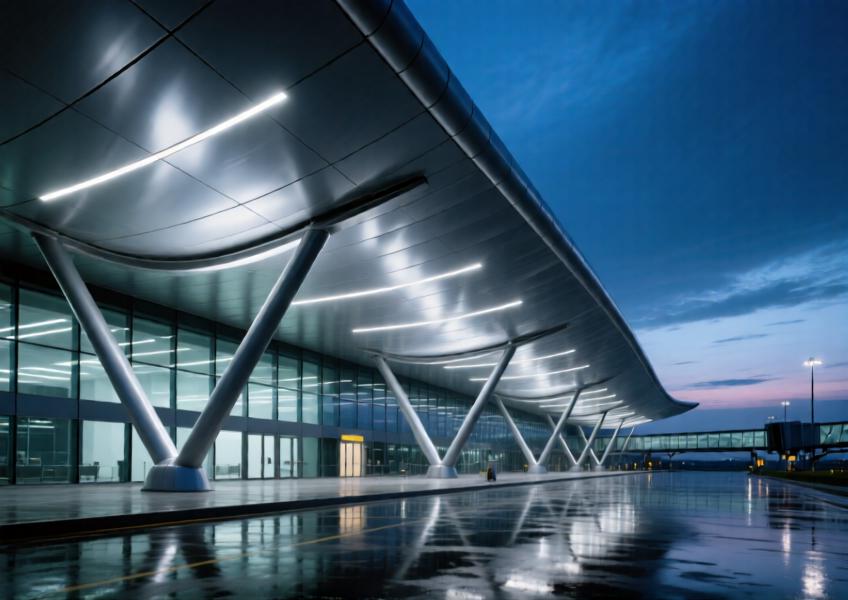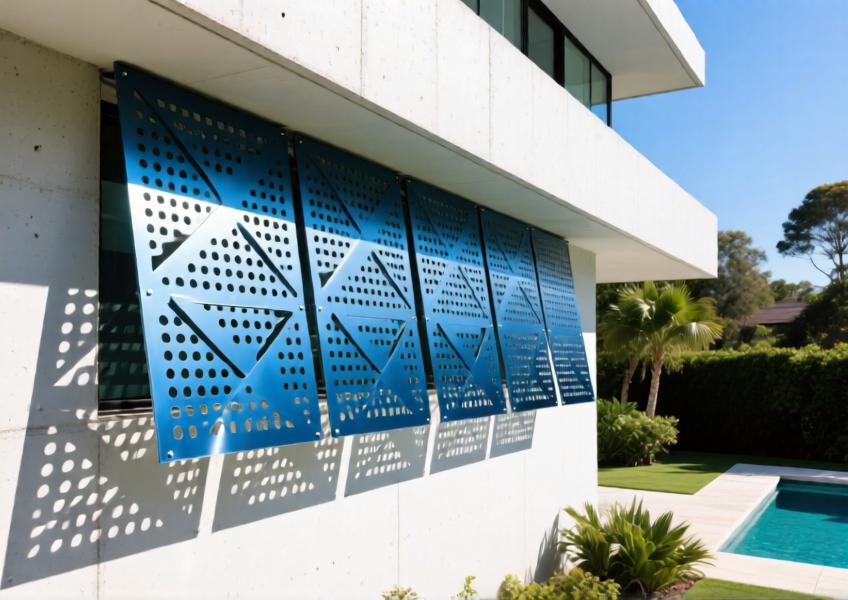

In the evolving world of architectural design, exterior aluminium cladding panels have emerged as a go-to solution for creating sleek, modern facades that combine aesthetics with resilience. These panels are not only lightweight but also remarkably strong, making them ideal for high-rise buildings where both visual appeal and structural efficiency are paramount. Architects and engineers increasingly rely on them to craft dynamic exteriors that stand the test of time while reducing long-term maintenance costs.

Aluminium curtain walls, a key application of these cladding panels, have revolutionized the way buildings interact with their environment. Their modular design allows for seamless integration with insulation, glazing, and weatherproofing systems, enhancing energy efficiency and occupant comfort. In urban centers like Shanghai and Dubai, it's common to see skyscrapers wrapped in precision-engineered aluminium panels that reflect sunlight during the day and glow with internal lighting at night, creating a stunning visual rhythm across city skylines.
Beyond curtain walls, aluminium ceilings have also gained popularity in both interior and exterior architectural applications. Whether used in airport terminals, shopping malls, or outdoor canopies, these ceilings offer a clean, minimalist look while providing acoustic control and thermal insulation. Their ability to be perforated, curved, or shaped into intricate patterns makes them a versatile choice for designers aiming to merge function with form.

Aluminium decorative materials, including louvers, fins, and custom-shaped elements, further expand the design possibilities. These components can be anodized, painted, or coated to match any color scheme or texture, offering endless customization. In a recent project in Singapore, designers used metallic-finish aluminium panels with varying degrees of perforation to create a dynamic façade that changes appearance depending on the sun's angle—proof of how exterior aluminium cladding panels can transform static architecture into living, breathing art.

With sustainability at the forefront of modern construction, the recyclability and longevity of aluminium make it an environmentally responsible choice. Many manufacturers now offer panels made from up to 90% recycled content, aligning with green building certifications like LEED and BREEAM. As urban landscapes continue to evolve, exterior aluminium cladding panels will remain a cornerstone of innovative, future-ready design.